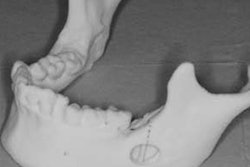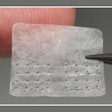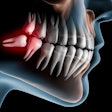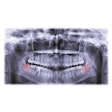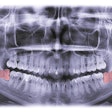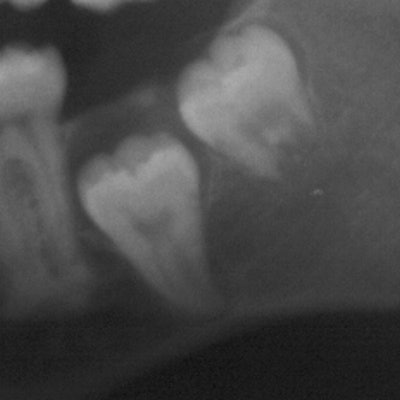
Patients who undergo third-molar extraction have better long-term taste function than those who haven't received the procedure, according to research published in Chemical Senses. The findings hold true even though mandibular third-molar extraction can cause postoperative taste and other neurosensory deficits.
Researchers led by Dane Kim of the University of Pennsylvania School of Dental Medicine in Philadelphia retrospectively studied the whole-mouth taste function of 364 individuals who had not received third-molar extractions, as well as of 891 individuals who had received third-molar extractions more than two decades earlier. All of the subjects in the study had been tested for chemosensory function at the University of Pennsylvania Smell and Taste Center over the course of the last 20 years, according to the authors.
Patients who had received third-molar extraction exhibited better overall scores for all four tested taste qualities. While the findings would need confirmation in prospective studies, the phenomenon could reflect changes in the sensitization of the central nervous system processes, the authors wrote.




